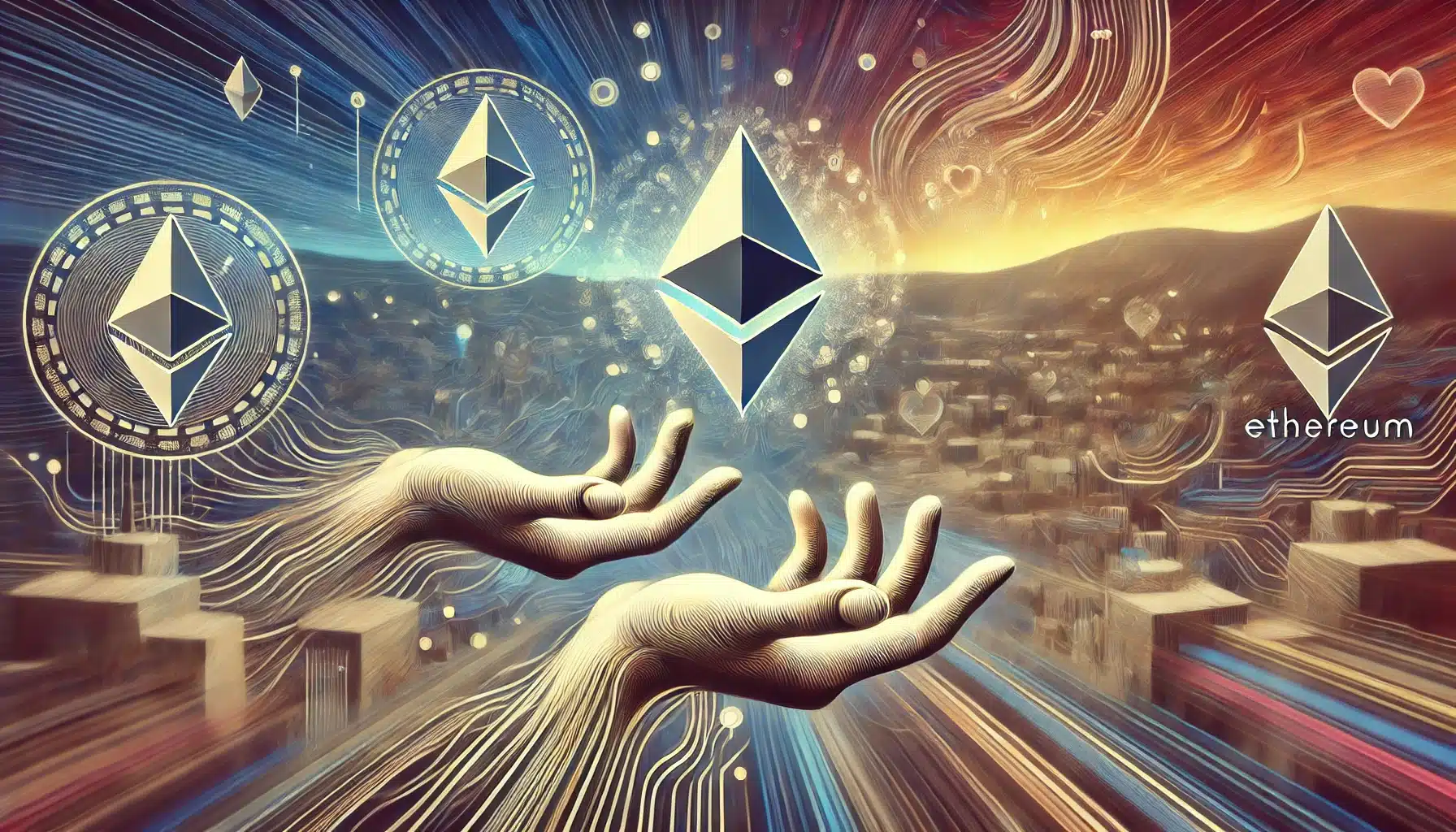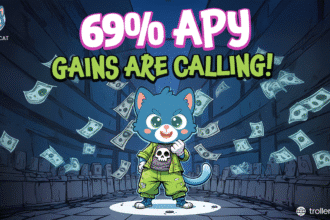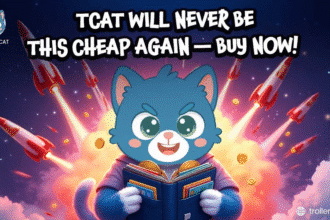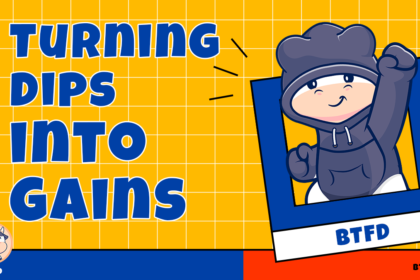For a second time, Ethereum co-founder Vitalik Buterin has proven his philanthropic nature by converting a large chunk of meme coins he received into Ethereum (ETH) and donating the proceeds to charity. He has 10B Moodeng tokens. On October 7, Buterin admitted that he had sold 10 billion Moodeng tokens to receive a total of $762,000 in funds raised by 308.69 ETH. With this, 260 ETH ($637,000) went to Kanro, a biotech platform working on anti-airborne disease technologies. The sale takes Buterin’s total holdings of the Moodeng tokens to just over 40 billion and is currently worth around $3.66 million, and his sale caused the token’s value to drop by 21% within 24 hours.
Buterin has sold memecoins in the past and donated the proceeds to different causes. In a previous post he had sold an collection of animal-based memecoins, handing $532,000 over to the Animal Welfare Fund later in the year.

Continuous Philanthropic Efforts
This latest donation by Ethereum founder Buterin is not the only one he has made. He sold other memecoins, including Neiro, Degen, Kabosu, and USDT, two days before selling his Moodeng tokens, adding up to 140.67 ETH ($341413). Out of this, Buterin has paid 100 ETH (c. $240,000) to be used for the legal defence of Tornado Cash developer Roman Storm. The post is the third time Buterin has donated to Storm’s legal fund — emphasizing his desire to support large players in the cryptocurrency industry.
Market analysts perceive the action of moving memecoin holdings and converting them into money donations as a sign for Buterin’s ideal world in the cryptosphere. Instead of sitting on these speculative tokens, however, Vitalik Buterinliquidates their value to fund projects that he believes will help with his philanthropic goals. This is how he turns both volatile assets into an addition to society.
Advocacy for Charitable Engagement by Memecoin Creators
Alongside his donations, Ethereum founder Buterin has also made clear who he would prefer not to have creators of memecoins. Instead of airdropping random tokens, he has implored creators to either give back or form decentralized autonomous orgs (DAOs) with his community. DAOs allow creators to include communities in the decisions made by associating them with specific causes and hence make it a better space.
In a recent post on X, Ethereum founder Buterin said: “I really rather if you send to charity directly, as in maybe like set up your own DAO [decentralized autonomous organization] for that even and get your community directly involved in the decisions and process.” His position shines through, not just as somebody who considers much of the memecoin market to be inherently poor and joke investments, but that it can actually be used for good if focused on charitable purposes. His call to arms tells creators to move beyond financial interests and harness the huge potential of blockchain technology for societal gain.
The Impact of Buterin’s Actions on Memecoin Markets
The Moodeng cryptocurrency transactions market was shaken when a large number of Moodeng tokens were sold, but it seems that, once again, the reason was the co-founder of the creation: Vitalik Buterin. After he sold it, Moodeng’s value tanked 21%, illustrating the kind of impact well-known figures like Buterin can have on a relatively illiquid and volatile memecoin market. Yet even with this downtrend, Buterin is able to keep a large % of Moodeng tokens, indicating his continued involvement in the project while not financially beneficial.
Buterin has impacted the value of memecoins once before with selloffs. He was also behind previous movements of animal-based tokens and other memecoins such as Neiro and Kabosu, which resulted in brief price changes. He does not feel particularly worried about the financial implications for the broader market, however, because his number one goal is to put money where he thinks it really counts.

Conclusion
Vitalik Buterin, a pioneer in the world of cryptocurrency, is indicating that the two sectors are increasingly intertwined. The Ethereum founder Buterin shows an example of potentially positive societal impact as he converted his middle finger and used it to spin off Ethereum, with all the proceeds going to good causes from memecoin holdings. His call to action for memecoin builders to connect with their communities via DAOs and direct donations points toward the possibility of DeFi moving beyond its speculative roots in addressing real-world problems. Buterin also puts his money where his mouth is, showing that the cryptocurrency sphere can do good in ways we did not think possible even a few years ago.





























